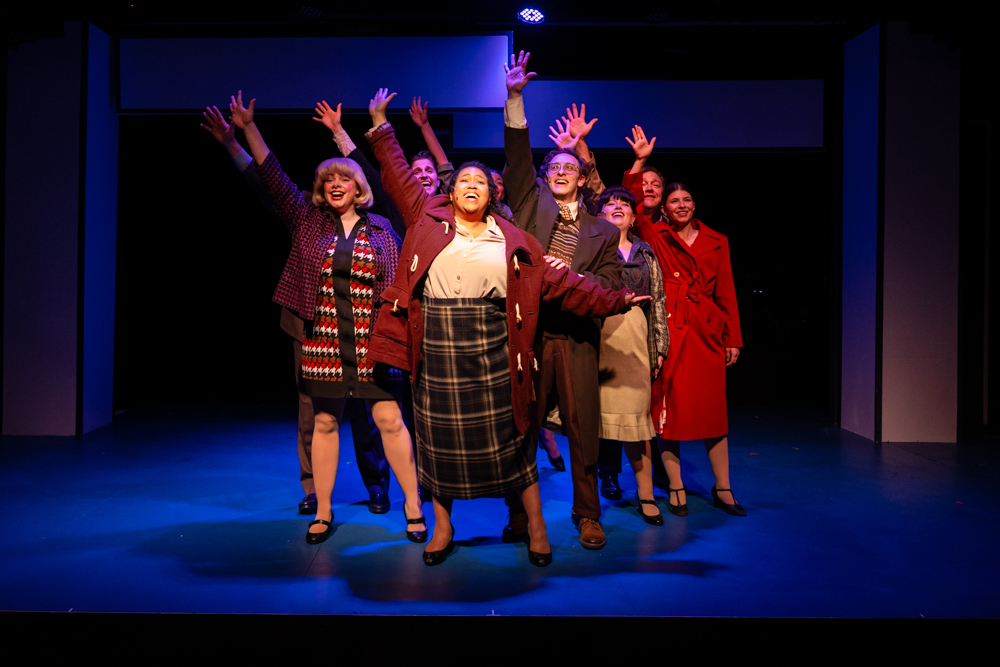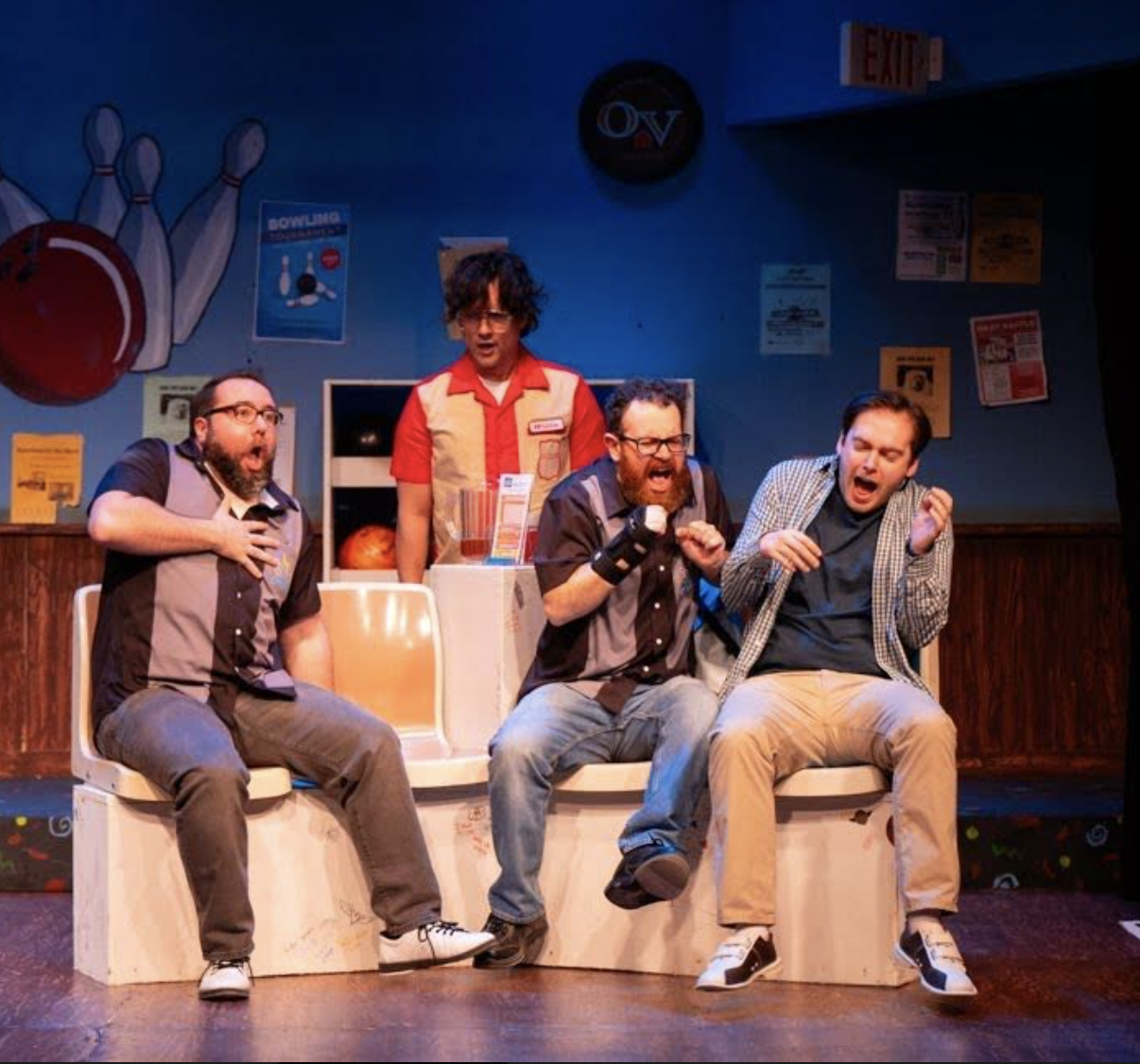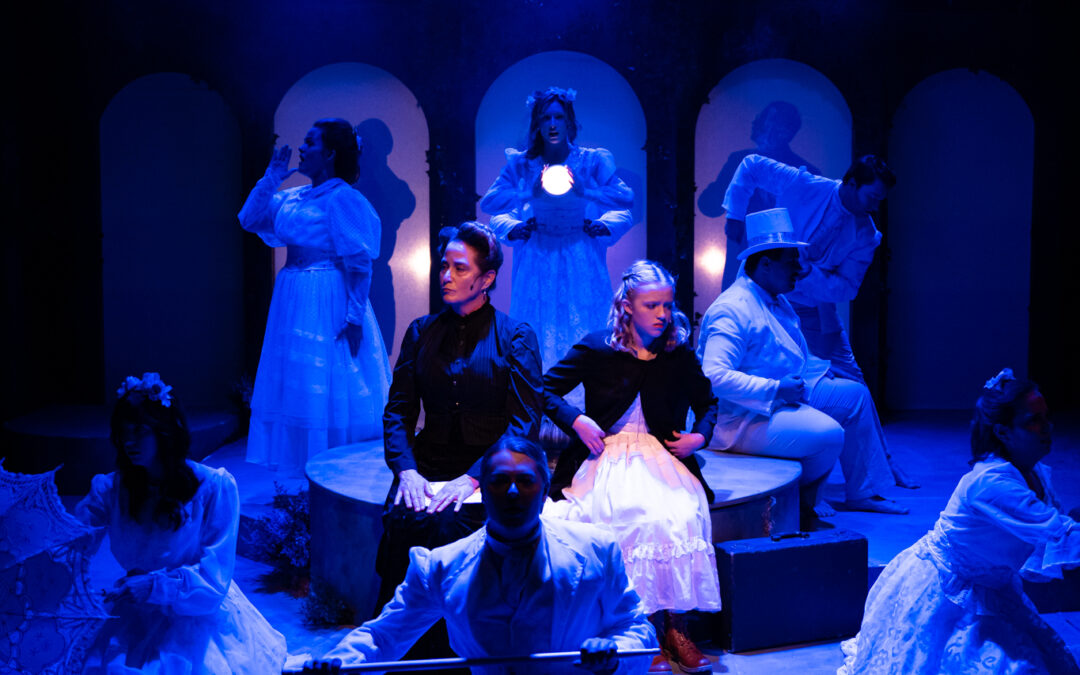
by Second Generation Theatre | Aug 6, 2024 | Past Productions, Uncategorized
Music & Lyrics by William Finn Book by Rachel Sheinkin Conceived by Rebecca Feldman, Additional Material by Jay Weiss Winner for the Tony and Drama Desk Award for Best Book of a Musical, this musical comedy follows six pre-teens as they compete to be Putnam...

by Second Generation Theatre | Apr 26, 2024 | Past Productions, Uncategorized
merrily we roll along Music & Lyrics by Stephen Sondheim Book by George Furth Stephen Sondheim’s beloved cult classic, MERRILY WE ROLL ALONG is seeing its regional premiere at the Shea’s Smith! A fable about friendship told in reverse, MERRILY contains some of...

by Second Generation Theatre | Feb 23, 2024 | Past Productions, Uncategorized
the bowling play A world premiere comedy by Kelly Copps SGT’s second show of the season is a world premiere comedy developed in our free reading series! Pete is attractive, single, and on a blind date… in a bowling alley. Will his misfit bowling team come between him...

by Second Generation Theatre | Mar 6, 2023 | Past Productions, Uncategorized
every brilliant thing By Duncan MacMillan with Jonny Donahoe This one-man show is a beautiful and unique experience. The Narrator (Kevin Craig, AEA) takes the audience through his life and his on-going list of “every brilliant thing” there is to live for. A hilarious...

by Second Generation Theatre | Feb 3, 2023 | Uncategorized
Second Generation Theatre Company, Inc. is a professional 501(c)3 theatre company based in Buffalo, NY. Founded in 2013 by University at Buffalo graduates Kristin Bentley, Arin Lee Dandes, and Kelly Copps, Second Generation Theatre’s artistic aim is to encourage a new...

by Second Generation Theatre | Oct 14, 2022 | Past Productions, Uncategorized
The secret garden: spring version Music by Lucy Simon, Book & Lyrics by Marsha Norman Based on the novel by Frances Hodgson Burnett An enchanting 90-minute retelling of the beloved 1911 novel, THE SECRET GARDEN is a beautiful story of finding home and family where...







